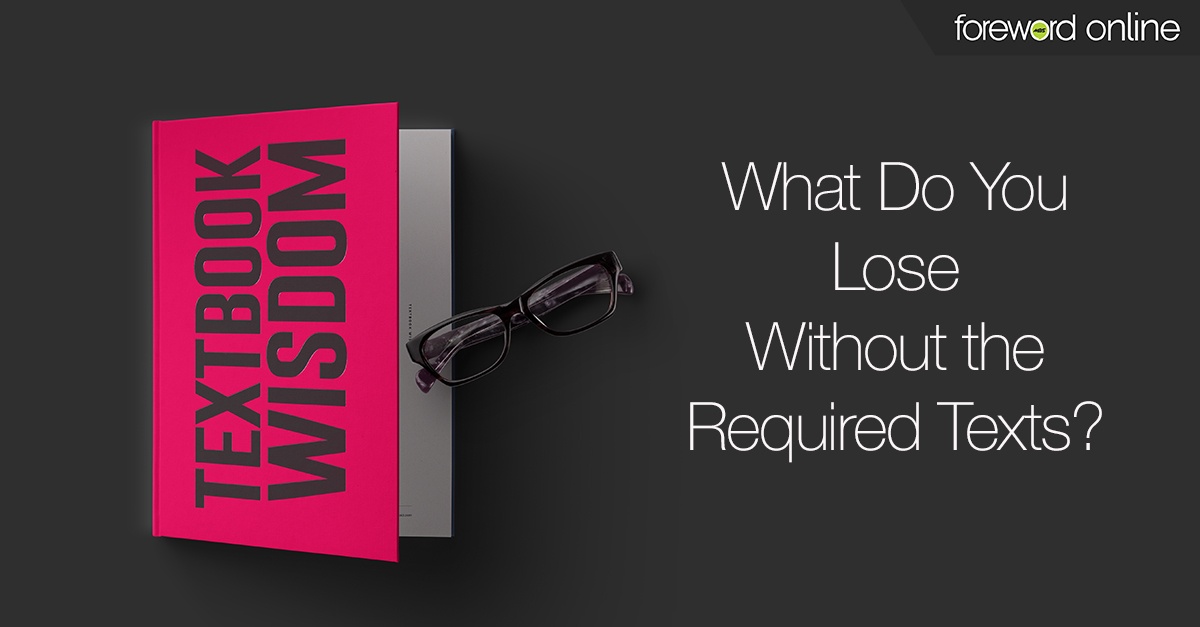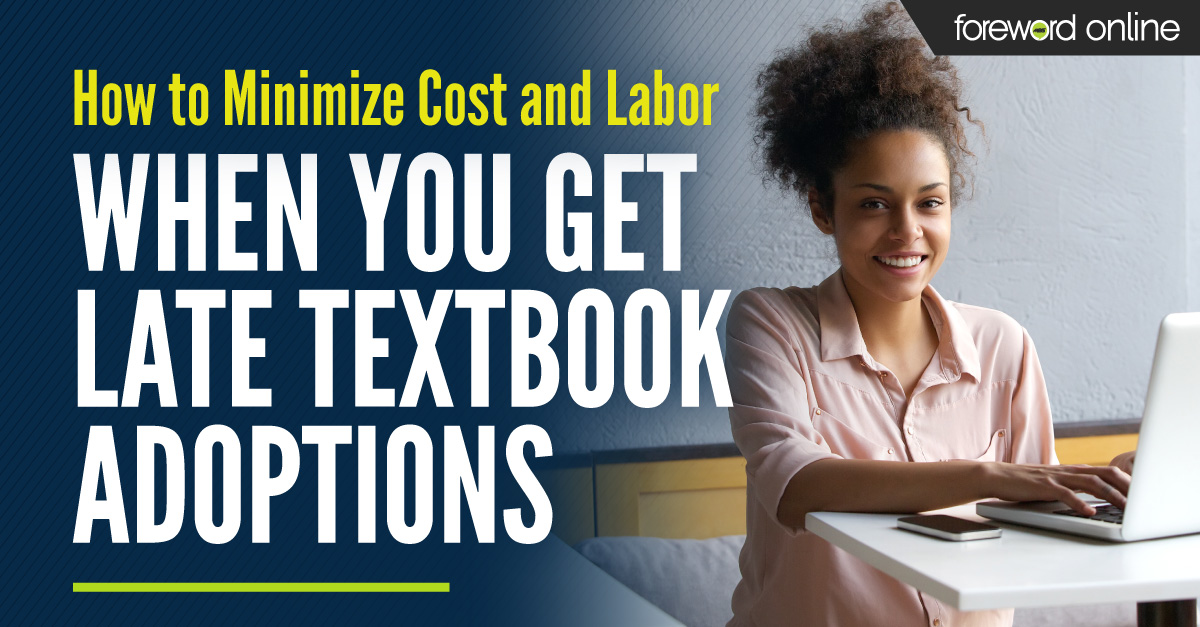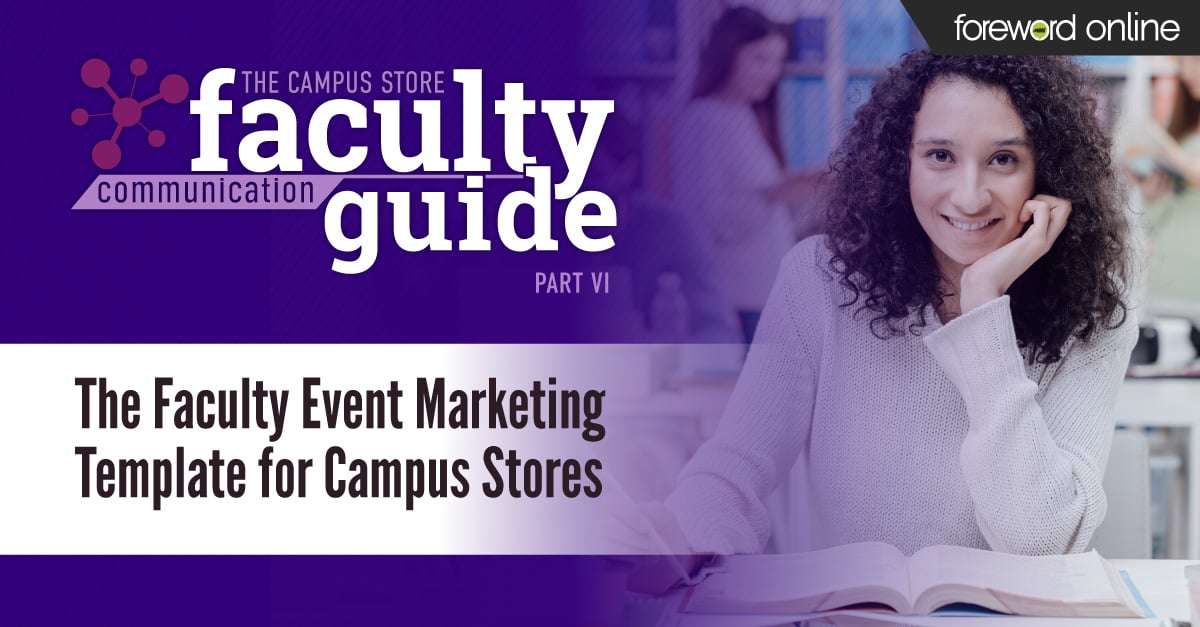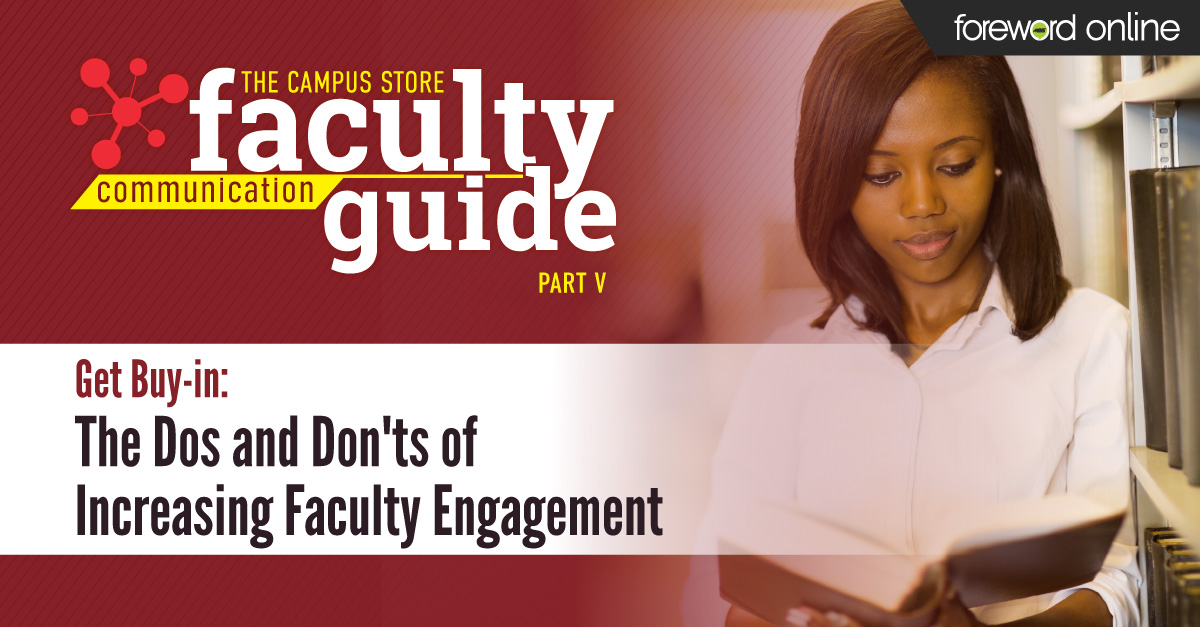Given the careening cost of higher education, it might be tempting to cut required texts from your syllabus in order to help students save money. If you’ve been teaching a while, you likely have ample resources for giving lectures, assigning homework and conducting assessments. However, if you eliminate the opportunity for students to engage with a text, you eliminate more than an expense. You deprive students of the ability to develop one of our most fundamental skills — reading — in your class.
I used to fear my students’ view of education was too transactional. It seemed like they approached knowledge as though it were something that could be quantified, measured and consumed. It was as if they thought I could fill their heads with knowledge the way a barista fills a coffee cup. Not all students brought this attitude to class, but many did.
Paolo Freire calls this the “banking concept of education”: a totalitarian pedagogy in which unquestioned authorities pour uncritiqued knowledge into student minds. In some countries, he wrote, a banking concept of education offers tacit support for tyranny. In the U.S., a banking view might teach students to be more docile consumers — but little else.
I tried to meet students who seemed transactional halfway. If they were obsessed with grades, I looked for ways to soothe them without giving up on the intangibles I aimed to teach. If they had concerns about losing financial aid, I took care to give them a reassuring grade update so they could focus on aspects of the course that might take them out of their transactional comfort zone.
One of my main goals was to help students cultivate what the biologist, anthropologist and psychiatrist Gregory Bateson called “deutero learning.” In educator parlance this is known as “learning to learn.”
Bateson studied mammalian learning and developed a hierarchy. Aptitude with the bottom learning rung depends on imitation, memorization and rote response to stimuli. Ascendance to the top rung requires an ingenious capacity to break double binds — solve catch-22 riddles that leave most of us in despair.
It’s possible to scale the heights of Bateson’s learning hierarchy without formal education. Indeed, schools sometimes hold students back, unintentionally limiting student development with projects and assessments that require minimal problem-solving and even less divergent thinking.
There’s nothing wrong with first-level learning. Memorization and imitation are necessary skills, but, if you stop students there in school, they end up with an education that’s fundamentally transactional.
It’s better if teachers encourage students to grow beyond foundational learning into the next phase: deutero learning. If students lack confidence in their ability to learn without a teacher present, they cease to evolve. Even in the most pragmatic, practical and transactional terms, this severely limits what students can gain from college.
Demands on the workforce will change in the future. A college education should arm students with experiences and skills that will help them adapt. An education that neglects to emphasize learning to learn could end up devoid of economic value. First-level learning doesn’t teach students how to engage with loss and failure in ways that foster resilience. It leaves them without tools for navigating ambiguity and plurality.
You can easily take action that requires students to cultivate deutero learning: give them a complex book to read. As you’ve no doubt noticed, fluency in reading and writing depends on lifelong effort. We might become capable of sight-reading many texts before we graduate high school, but that doesn’t mean we understand them deeply. If students are going to experience growth in comprehension, they need solitary time with a variety of complex texts. They need classes that require them to keep up the reading, not just the discussions and lectures.
As the educator Doug Lemov put it: “Reading is the skill.”
In his widely acclaimed book, Teach Like a Champion, Lemov describes how he took his son out of school in eighth grade with the intent of showing him the power of reading. He and his son built a house together based solely on advice and instructions found in books. The lesson: If books can give you all the skills you need to create your own shelter, imagine what they can do for your career, your heart and your future happiness.
Many students enter college without experience in self-instruction. They expect the teacher to tell them what the book means and what they need to know to pass a multiple-choice test. I’ve heard dozens of college instructors lament students’ passive approach to learning. They talk about how teaching to the test has destroyed public education. They complain with disbelief about the lessons high schools fail to teach. I’ve fumed about these things myself. But in class I’ve had much more success putting grievances aside and applying a credo I learned from Lemov’s book: If a student doesn’t know something I think they should know, it’s because I haven’t taught them yet.






